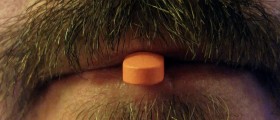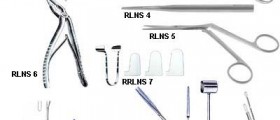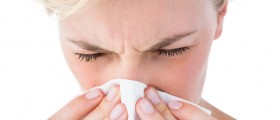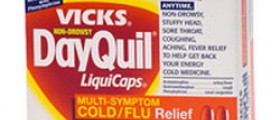
Pressure or pain in sinus area of the face is a common problem which sometimes occurs during a common cold or allergy flare-up. Pregnant women, however, may have more difficulty treating this problem than usually, because their body goes to a lot of changes and may respond differently to the usual treatment. Nasal congestion in pregnancy
Sinus problems usually occur during common colds or flu, as a result of mucus build-up in the nose. Runny nose or nasal congestion are fairly common during pregnancy and they may or may not be related to a cold or an allergy.
About 20-30 percent of pregnant women have nasal congestion and runny nose while they are healthy and have no allergies. This is called rhinitis of pregnancy. It happens because woman’s body during pregnancy produces more estrogen, which causes mucous membranes, including those inside the nose, to swell. It can even cause extra mucus production, which means runny or stuffed nose.
Treatment for sinus problems in pregnancy
If sinus pain or pressure occur during pregnancy for any of the possible reasons, there are several things a woman can do to relieve the uncomfortable symptoms. Saline spray can help a lot with sinus problems. It is a sterile solution of water and salt, suitable for pregnant women, which clears the passages and disinfects them.
A similar treatment, although somewhat more uncomfortable, is a sinus rinse. It can be done with the same solution as used for nasal spray, like saline solution, but instead of quick squirts, the solution is used in larger amount.
The head should be tilted backwards and the solution is inserted into one nostril, letting it pour out through another nostril. Some over-the-counter medications, like antihistamines, may help too, but it is important to check if they are safe to use in pregnancy.
It is best to consult a doctor or a pharmacist. If the pain is severe, it is recommended to see a doctor who might recommend prescription medications. Eye masks, either cool or warm, can help with the pressure in the sinus area.
Ice packs are effective too, but they should be wrapped in a tissue or a soft cloth because otherwise, they may damage the skin and cause irritation. Steaming, using a vaporizer or a humidifier or taking a warm bath also helps relieve sinus issues. It is also important to drink plenty of water, which will help dissolve the thick mucus and make it easier to expel.

















Your thoughts on this
Loading...